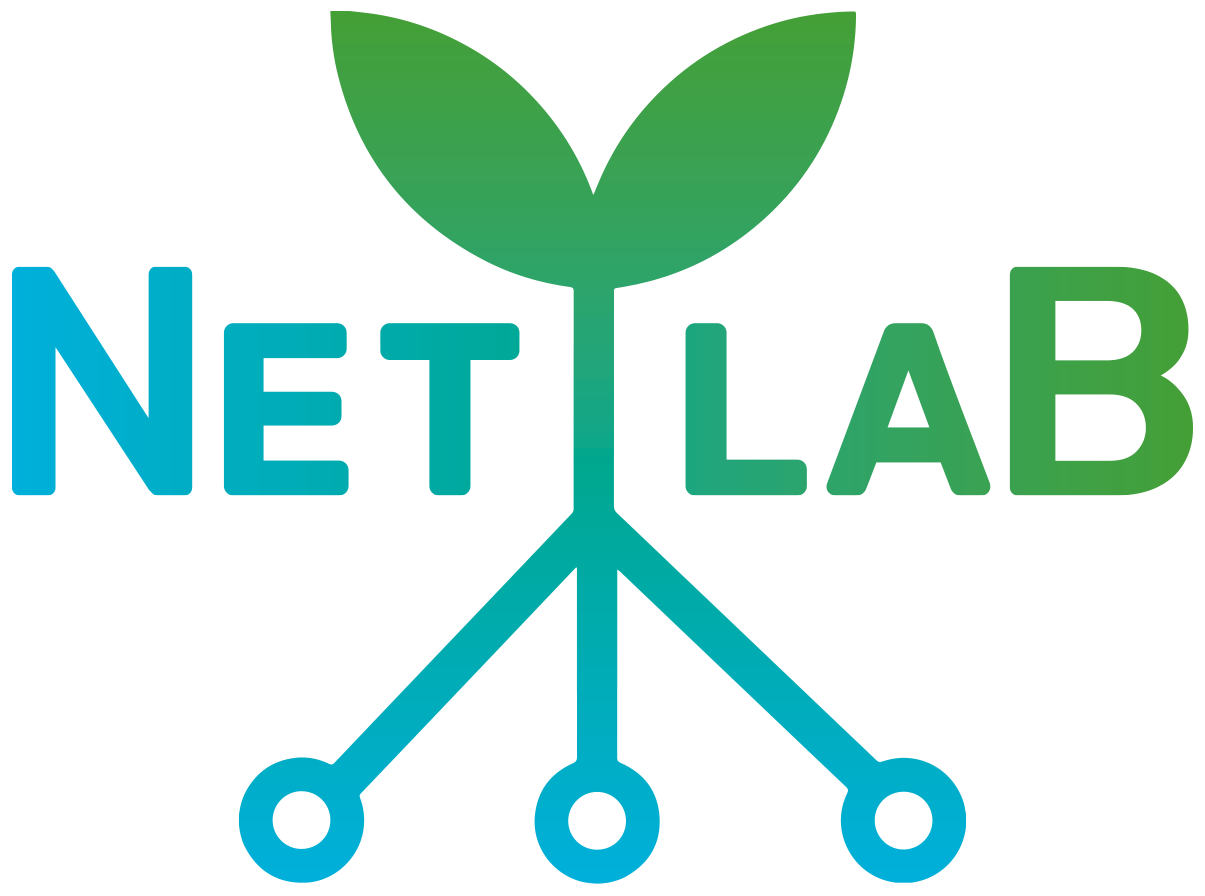Project summary

In the context of the agri-food sector in the Italian and european is the ever more pressing need to equip the chains and operators of the tools to ensure the reduction of the risks from a farmer in the comparisons of biotic and abiotic, the improvement of the quality of agricultural production and of the foodstuffs together with the increase of the environmental sustainability of production processes. Sustainability environmental understood as a lower environmental impact, protection of the safety of the product and saving economic operator in the industry.
This need is even more evident at the regional level because of the primary sector of the Sicily reflects a
lower competitiveness compared to the national and international context (lack of infrastructure, lack of
network operators are not prepared and are less prone to the relations with the foreign markets). This project addresses
the attention mainly to the cultivation of the solanaceae, with particular regard to the plant
tomatoes in this home has been chosen as the model species. This culture, today, is one of the
the main vegetable crops grown in the Basin of the Mediterranean. Is one of the essential components of the
the mediterranean diet, being an important source of intake of compounds, nutraceuticals and, above all, a source of
basic income for all companies that revolve around supply chain vegetables. This culture, unfortunately,
it is subject to serious hazards due, mainly, to the globalization of trade,
the interest for the implementation of a free trade area among the Countries of the Mediterranean Basin, and to the
climate change. In particular, this last aspect could hide in the future, increasing the risks
due to the introduction of new emerging pathogens, or the resurgence of old pathogens with a
the resulting strong negative impact on the horticulture and environmental sustainability. Today we know that among the
problems more difficult to address rientralo the seed-borne diseases and por vector. Between the
the main diseases that cause problems in the cultivation of tomato in Sicily we have no doubt
include the viral diseases such as Tomato brown wrinkled fruit virus (ToBRFV) and Tomato leaf curl New Delhi
virus (ToLCNDV), while among the bacterial diseases, we can include Clavibacter michiganensis subsp.
Michiganensis and Xanthomonas vesicatoria.
The modern techniques used in a system of intensive agriculture and the consequent reduction of biodiversity, facilitate the explosion of new epidemics that can hardly be contained if not are implemented in a very short time all those practices of quarantine or containment aimed at the elimination of the early outbreaks with a consequent economic damage, huge for the entire supply chain vegetables. Therefore, there is the need for a integrated and multidisciplinary approach, in which the early diagnosis and remote management of the supply chain can interact by establishing a network that can provide all the information necessary to trigger a response timely and set up strategies for the management of the problem as much as possible eco-sustainable.
Innovative approach
The mini-laboratories
From that scenario, inspired this project, which aims to create a network of mini-labs managed remotely
to achieve the goal of minimizing the impact of diseases on the territory and to reduce to a minimum the impact
the environment through early diagnosis according to the following methods:
- The establishment of a supply chain with particular regard to the tomato sauce made from Hatcheries, Farms, and OP;
- Ex-ante analysis on the seeds of the tomato in the entry
- Organization of meetings with the parties mentioned above, to educate them on the actions prophylactic;
- The creation of mini-labs interconnected to a central laboratory, which is accredited;
- Set up and design of diagnostic tools specific, sensitive and rapid based on the amplification tests
isothermal or amplifications in real-time genome or part thereof of the major pathogens, on the basis of the
the results of the investigations and of the information of the stakeholders; - Validation of the diagnostic tool through the ring-test;
- Development of a mobile application for managing continuous data by the accredited laboratory;
- Training course for laboratory technician;
- Protection and enhancement of biodiversity through the creation of a discipline and the possibility of
quality certification “biodiversity friend”; - Diversification of agricultural activities through the transformation of waste products in the past
tomato.
